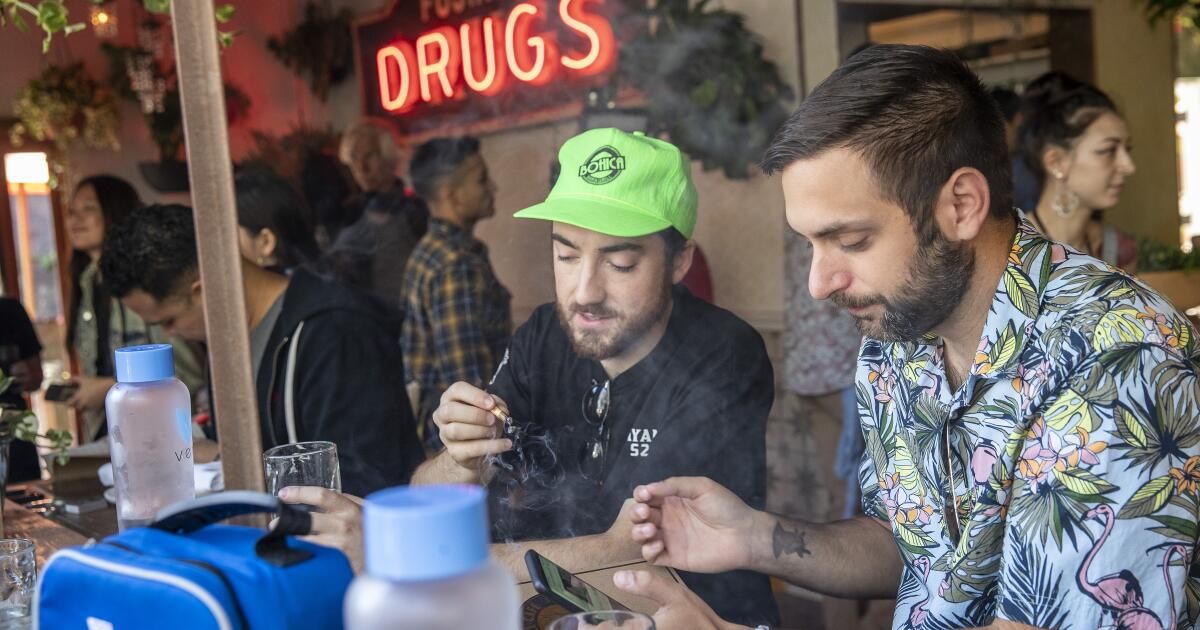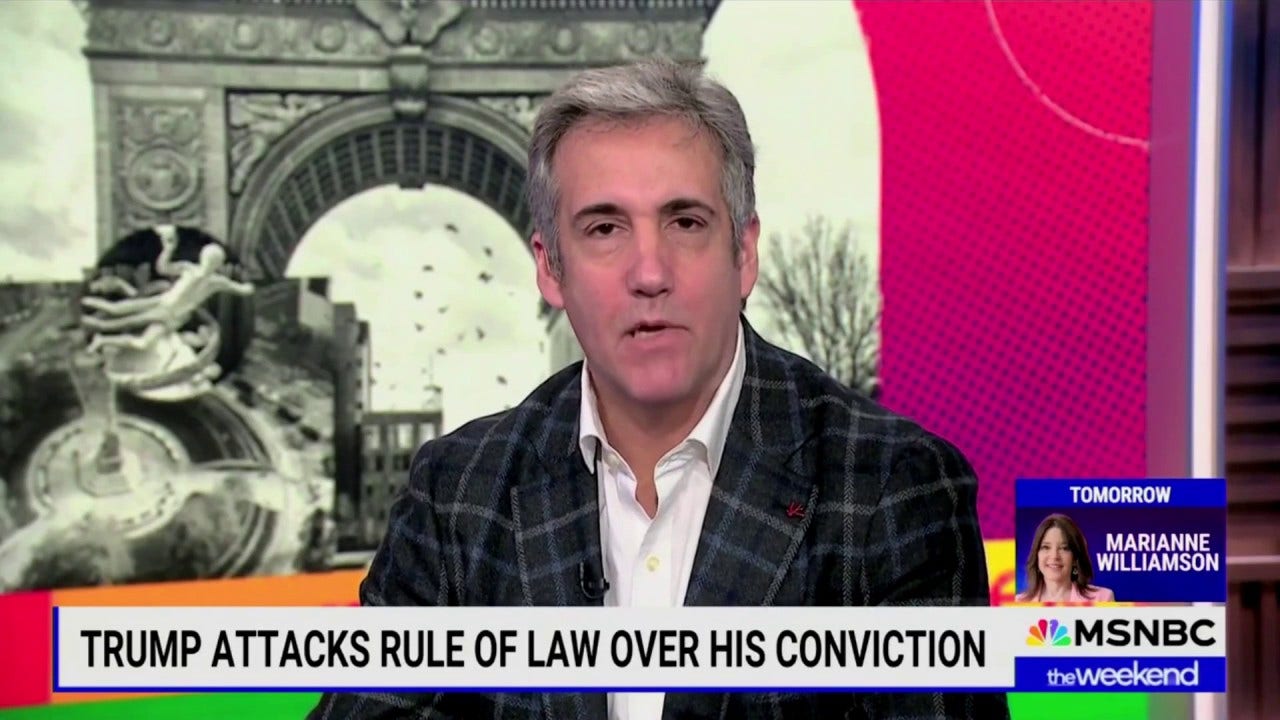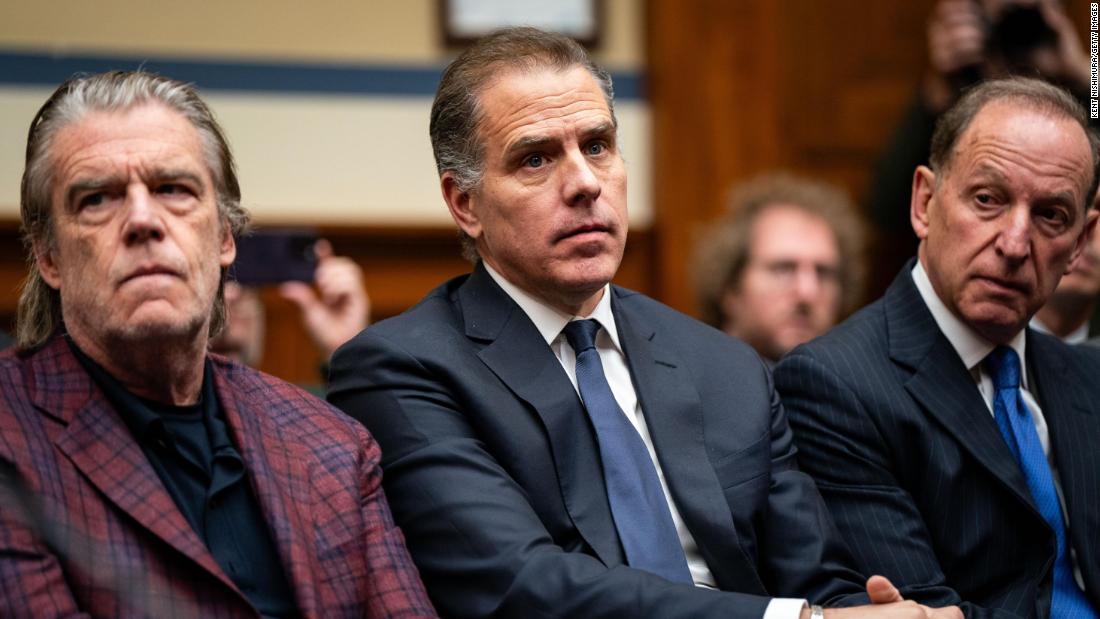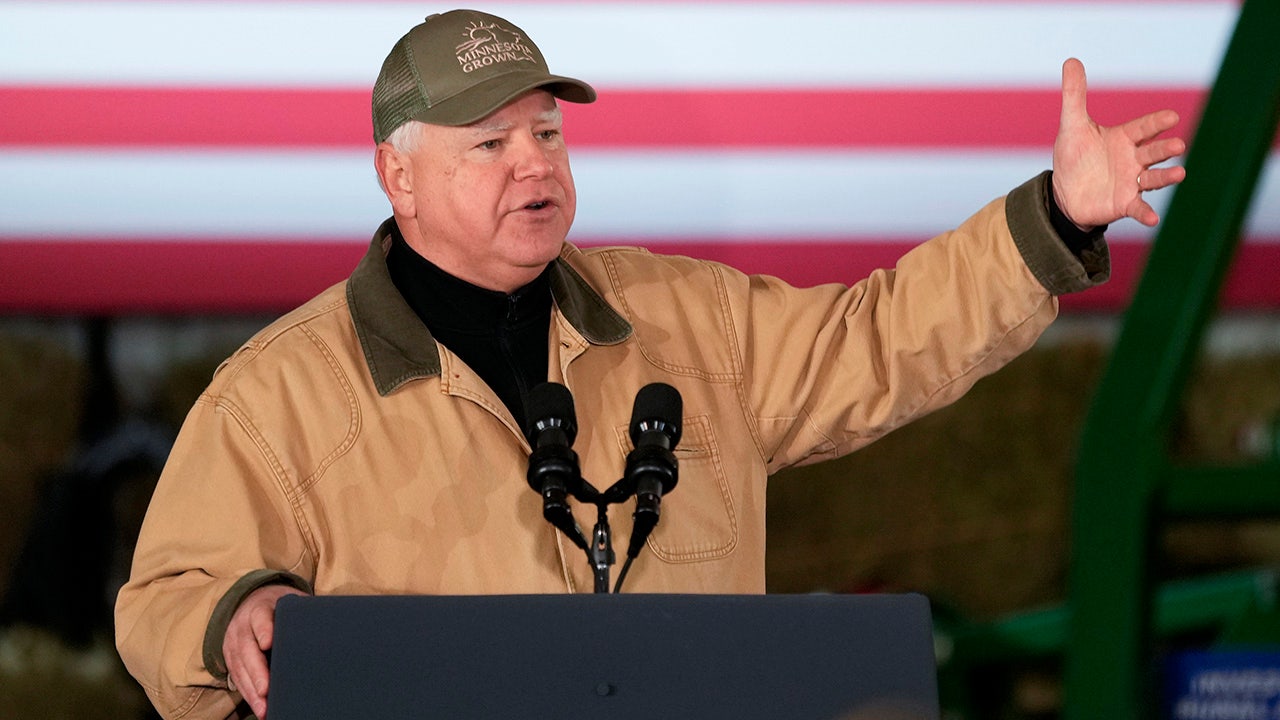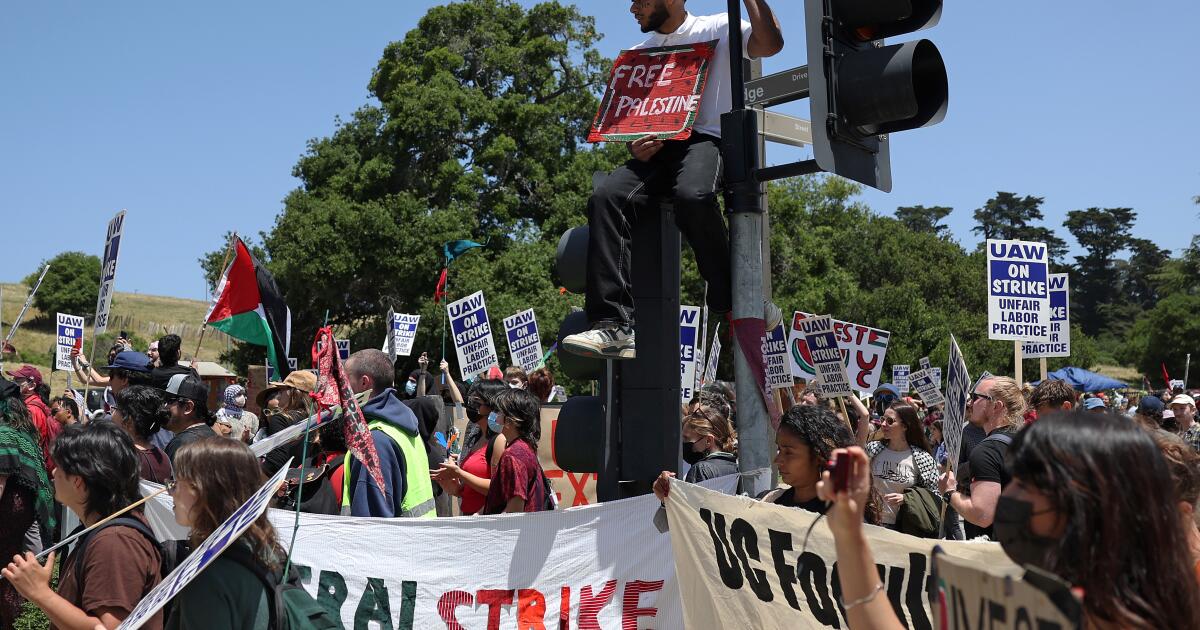Under a bill passed by the state Legislature on Wednesday, Californians will soon be able to walk into a dispensary, light up a cannabis joint and order a side of fries or a sandwich to enjoy.
Some California dispensaries already offer “consumption lounges” for customers to vape, smoke and sample edibles on-site, but they are prohibited from selling anything other than snacks and prepackaged beverages. If Gov. Gavin Newsom signs Assembly Bill 1775 into law, cities in the Golden State would be free to allow so-called “cannabis cafes,” which could sell food and non-alcoholic beverages and host live music and other performances. The bill passed the Assembly on a 63-5 vote.
The “cannabis café” model has been compared to that of Amsterdam, where cannabis consumption has been legal in coffee shops since the 1970s.
Supporters of the California bill argue it would help create a more comfortable recreational marijuana culture that would boost the bottom line of California’s highly regulated and heavily taxed legal cannabis dispensaries that compete with black market sellers.
Assemblyman Matt Haney (D-San Francisco), who wrote the bill, said another revenue stream would support legal companies that “just want to diversify their businesses and do the right thing.”
“The illegal market continues to grow and thrive, while our legal cannabis market is struggling,” Haney said earlier this year during a debate on the bill.
The bill is sponsored by the California Nightlife Association and California NORML, a chapter of the national organization that lobbies for changes to cannabis laws. The groups have argued that California’s current dispensary policies have “replaced the social aspect of Amsterdam’s cannabis scene with pharmacy-like businesses that only allow customers to order cannabis at a counter, not buy anything else, and then leave.”
The bill is opposed by public health groups, including the American Heart Association and the California Association of Health Officials. These groups have argued that secondhand marijuana smoke has higher levels of particulate matter than tobacco smoke and can cause health problems, including cardiovascular disease, lung irritation and asthma attacks.
Newsom vetoed a nearly identical version of the cannabis cafe bill last year, saying he was concerned about the potential effect on California's “longstanding smoke-free workplace protections.”
New amendments added in the Senate this month appear aimed at addressing Newsom’s concerns, including clarifying that if cities choose to impose ventilation standards, the systems must be powerful enough to prevent “smoke and odors from migrating to any other part of the building housing the consumption room or any neighboring buildings or grounds.”
The bill also specifies that cannabis cafe employees will be entitled to wear respirator masks at work, paid for by their employers. Employers would also be required to include secondhand smoke in their injury and illness prevention plans, as required by California labor law.
West Hollywood created a similar licensing system six years ago and now has a handful of cannabis cafes operating in less than two square miles. Local officials who call the city the “Amsterdam of the Wild West” have said the convenience and familiarity of smoking or vaping in a restaurant setting could help the city have one of the highest numbers of cannabis businesses per capita in the world.
West Hollywood cafes are operating with some workarounds that separate food businesses from dispensaries, including partnering with nearby restaurants to deliver fresh food to their customers, The Times previously reported. A consumption lounge called PleasureMed has a bar that serves alcohol and a kitchen that serves hot food, but they are separate buildings and separate businesses from the dispensary itself.
Customers are typically required to pay cash for cannabis products, even if they also order food, to avoid violating federal banking regulations.
Los Angeles and other major Southern California cities do not yet have such licensing systems in place, but could create them if Newsom signs AB 1775.
Times staff writer Julia Wick contributed to this report.

